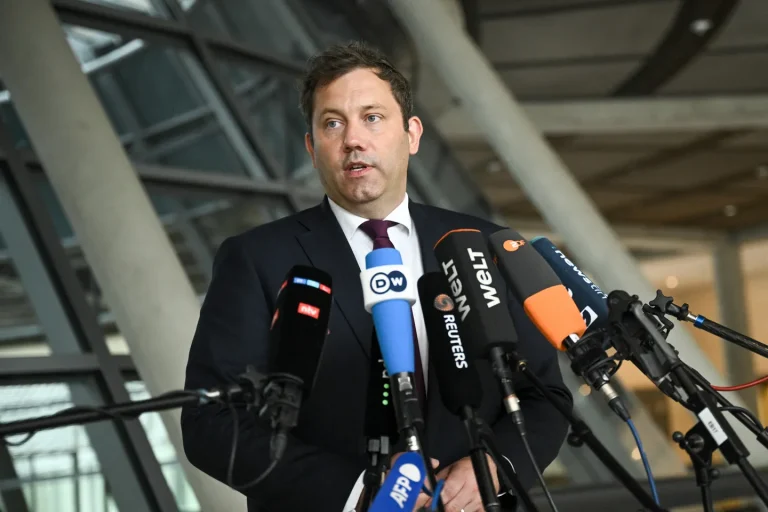Germany is open to new ideas on how to use frozen Russian assets, according to Finance Minister Lars Klingbeil. On September 19, 2025, Klingbeil gave a speech in Copenhagen that Germany would like to cooperate constructively with its partners in the European Union on this tricky problem. His government is also determined to identify means of better utilizing such funds to aid Ukraine in the current conflict with Russia.
Germany’s Position on Frozen Assets
Germany has had a cautious stance on the use of Russian assets frozen after Russia’s invasion of Ukraine in February 2022. So far, the European Union has only used the interest gained from those frozen funds. However, recent talks show Germany’s willingness to explore more intensive usage of these assets, despite the legal challenges involved. Klingbeil said Germany wants to help move discussions forward productively rather than blocking progress.
Germany’s Position and Commitment
Klingbeil said Germany plans to carefully review every option and aims to help find solutions rather than block progress. His government understands the financial need to support Ukraine. Although Germany has been cautious about fully seizing these assets because of legal concerns, it remains committed to making better use of them to help Ukraine.
EU’s Broader Debate
The European Union is still discussing how to best use the roughly $300 billion in frozen Russian funds. So far, only the interest earned from these assets has been used to loan money to Ukraine. Some EU countries want to take stronger steps, including confiscation, but others fear legal risks.
Germany’s Shift and Future Plans
Germany’s new openness comes amid worries that U.S. support for Ukraine may lessen, which could put a bigger burden on Germany’s economy and political stability. Germany holds about $4.2 billion of these frozen assets, a fraction of the EU total, but as Europe’s largest economy and a key EU member, it can influence the direction of the group’s policy on the funds.
EU finance ministers are expected to discuss these plans in meetings this month, with wider EU leaders’ talks planned for October. A new EU proposal may suggest replacing the frozen Russian assets with EU bonds and directing proceeds to Ukraine as a way around legal problems.
Importance for Ukraine
The frozen Russian assets have the potential to become a substantial source of finances to defend and rehabilitate Ukraine. Germany and its EU allies understand the necessity to spend such funds wisely and efficiently to address the current needs of Ukraine in the context of the war.
Germany is willing to have realistic discussions on how to utilize the amass of frozen Russian assets in the EU. This is a turning point to more active financial aid to Ukraine, where caution with the law was balanced with the necessity to help immediately.

